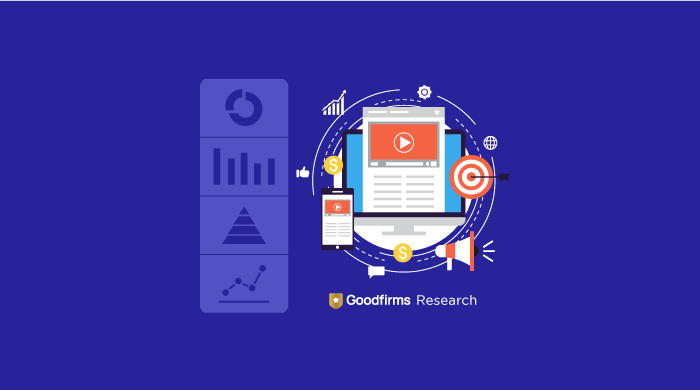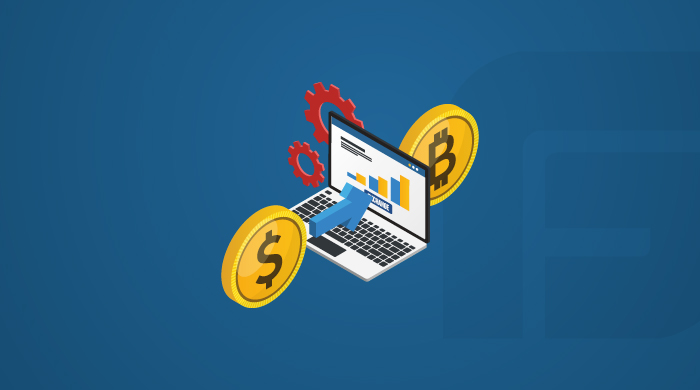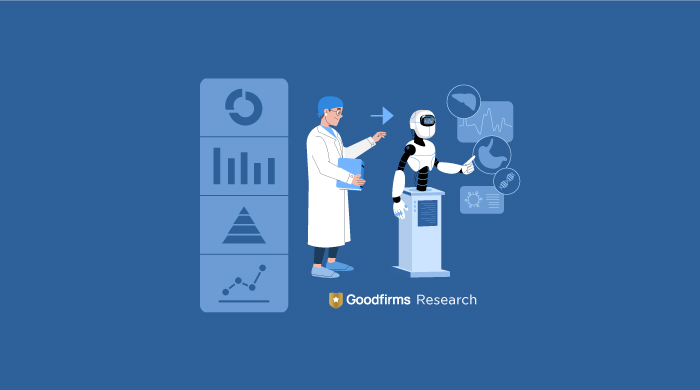Survey: Key Factors affecting Mobile App Development Time
One of the most common questions that we often come across while growing in the mobile space is “How much does it cost to develop a mobile application?” The next thought doing rounds in the mind of the entrepreneurs is what is the average time to develop an app. Would the process be complicated or would the app be ready to be published in the app store on time are some the concerns related to the development of a mobile application.
To give an in-depth view of the factors that affect the development of a mobile application, Goodfirms conducted a research study to identify the key factors determining the time frame for developing a mobile application.
DEMOGRAPHICS
Mobile development organizations focus on certain parameters to determine the final time taken to develop an app. Participants participated from multiple locations across the globe. The demographics of the respondents are shown below.
FACTORS THAT AFFECT APP DEVELOPMENT TIME
Every enterprise mobile application focuses on some core functionality and security is one of the core focus area for such apps while, for a consumer oriented mobile app the concentration could be on offering great user experience. Whatever is the motive of developing a mobile app, apart from having a great development partner, and it also demands time and patience. This survey highlights the fundamental elements that determine the total man hours for developing a successful mobile app and making it available for use in real time.
1. USER INTERFACE & USER EXPERIENCE
User Interface + User Experience = App Success. This is the mantra for a successful mobile application. But offering a great platform for hassle free user experience does not come easy. It involves lot of planning, designing and testing to come out with an app which is seamlessly user friendly. All the efforts going into developing impeccably stunning mobile application does not come in a blink of an eye. Aiming at increasing loyalty and achieving customer satisfaction with each user interaction reflect the market placement and presence of the brand the app is built for. It takes a tremendous amount of concept understanding and time to come up with apps offering great user interface.
2. CUSTOM APPLICATION
Working on custom requirements is not every developer’s cup of tea. Designing an enterprise business strategy on mobiles has its own fair share of highs and lows. Integration of apps, challenge of non-uniform mobile policies and unavailability of analytical tools to check out on the areas of improvement are few of the key challenges faced when developing a custom app. Uncertainty about the time to work on these features, testing them, finding bugs and fixing them again is a concern for few of the respondents.
3. RESOURCE AVAILABILITY
When producing a mobile app, having team members dedicated to the project, ensuring they work closely with the client to offer them best service is a pre-requisite. But this is not the case at all times. Time taken to hire the right talent in case of specific or custom requirements, or the waiting time to finish an existing work to start a new requirement are some of the reasons that generally could cause delay in the project deadlines. Team member availability varies based on active and planned projects. Therefore, there may be a delay in starting a mobile app project until team members are available and can give their complete attention to the task at hand, adding to the time it takes to build a mobile app.
4. APP SECURTIY & PUBLISHING THE APP
App developers have to be vigilant about security to protect user data. As an app developer, you need to know how to avoid security issues most widely affecting users today. Working continuously to offer users mobile experience that do not compromise the data security is a time consuming activity. Foregoing thorough security testing and not rushing to release an app is a mandate to offer vulnerabilities free mobile app of the business to the users. No app is safe from the attacks of viruses and malware. Testing every inlet for security issues, including the camera, GPS, and even the platform itself takes time and delays the overall development process.
Once the app has been tested, the time comes to publish it in the app store. The waiting time may vary from a few weeks to some months thus contributing to the delay to let the app be available to the end users.
5. APP DESIGNING
For creating powerful applications, the need to have an effective design of app has started to become increasingly more important. Each app is used for a certain purpose at a specific time. For example, while creating a restaurant guide, you’ll want to create something that show the most relevant results to the user quickly, since the user will on the move or somewhere nearby, and is looking for a quick option. To offer him quick access to such information, designer needs to be informed of the latest technologies that make his work easier without taking up a lot of time.
6. NUMBER OF SCREENS / DEVICES/ PLATFORMS / OPERATING SYSTEMS
To reach the widest possible audience, developing apps that run on multiple platforms and devices is a common practice now-a-days. While it is effective to build multiple apps at the same time, designing, developing and testing the app for different platforms requires extra effort. Though some of the activities may occur simultaneously, extra time is required to build apps catering to multiple devices. Alongside, the more the number of screens in the app, the more time it takes to develop it.
7. THIRD PARTY INTEGRATIONS
In case the app needs to interconnect to other services, the need to integrate with third party APIs comes into picture. This requires extra time to learn the intricacies of the third party APIs and implement them correctly. At times, it takes longer than expected to evaluate the amount of work included in interfacing with third party APIs.
8. FEATURES
One of the primary elements that determine how much time it takes to develop a mobile application is the number of features involved in the app. The more features an app has, the more effort and time it takes to design, develop and test it. A feature in an app that accepts payments definitely takes more time to develop then working on a regular app that deals with content or is a knowledge app requiring minimum user interaction.
It is always better to develop a MVP for the mobile app they want to develop. It helps in having a clear idea of what you expect from your mobile application from the very beginning. Being aware of your user’s needs from initial stage and making amendments or adding more features on the go always saves a lot of time.
Offering work breakdown structure and estimating the human effort and time taken to develop each feature makes it easy to arrive at the time taken to develop a mobile application.
9. UNDERSTANDING THE BUSINESS LOGIC
One of the key and basic criteria to determine the time frame of a mobile application is the crisp understanding of the app idea. Assessing the right concept that drives the app is imperative. There are times when it becomes challenging for the developers to contemplate and achieve similar success of a web service over a mobile device. Asking the what, when, why and how of developing a mobile app reduces the possibilities of falling prey to assumptions and keeps the work on track.
10. COMPLEXITY OF THE APP
Apart from deciding what features goes in an app, the complexity of each factor also plays a critical part in deciding the delivery time of an application. For example, developing an e-commerce app with product images would involve less effort then what goes in developing a gaming mobile application. Though both involve user interaction but the latter will take more time to develop because of intricate details and user experience.
Conclusion
Each of the above mentioned parameters are imperative to understand how long it takes for a mobile app to hit the market and be user ready. Mix of right focussed criterion would enable you to achieve the business objective at the right time with least hiccups. When developing a mobile app, along with an evaluation of requirements in terms of the platforms, features, and potential of the app one of the many things to consider is the budget and time to develop it. Learn more about the factors affecting the cost of developing a mobile application in Goodfirms’ survey.




